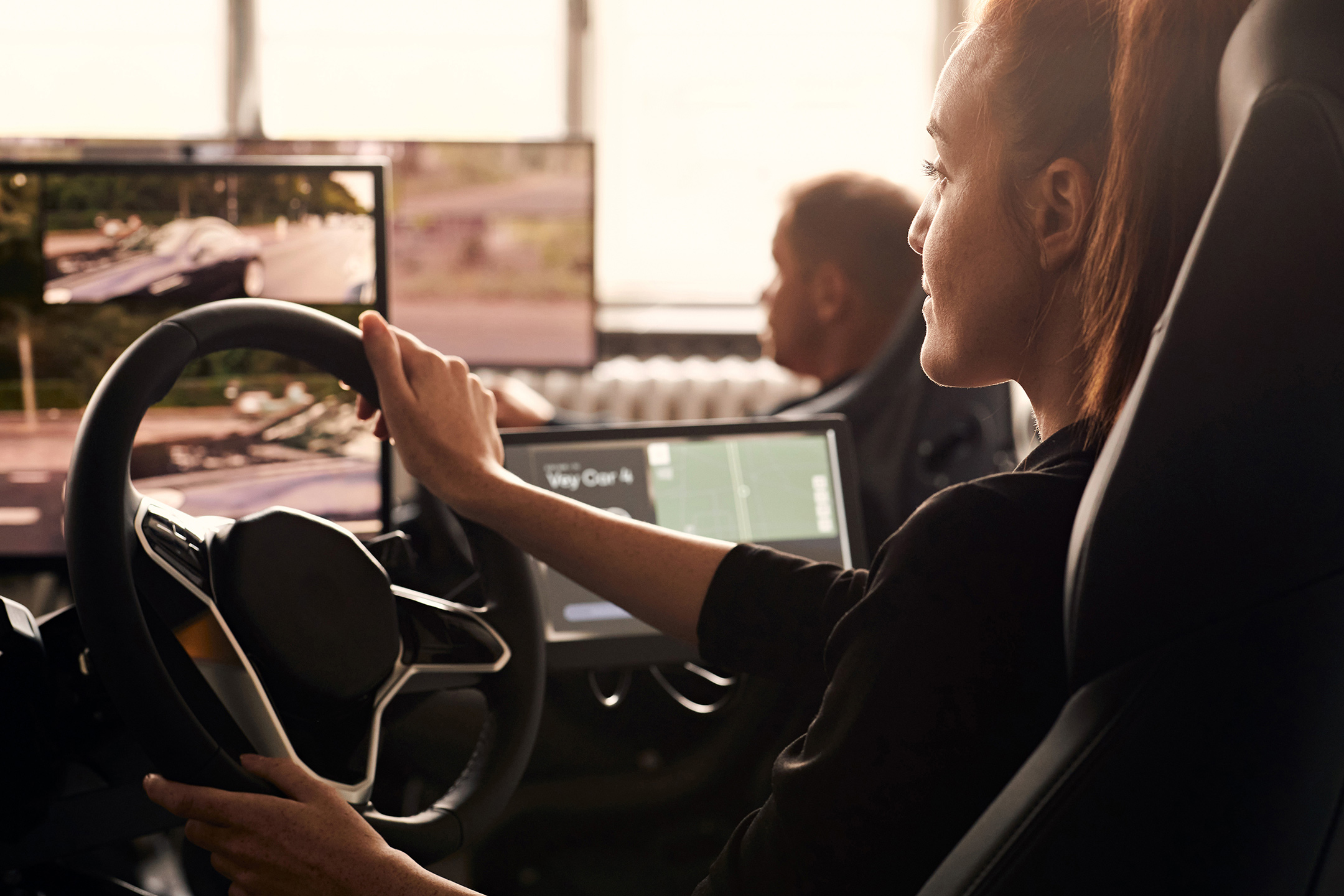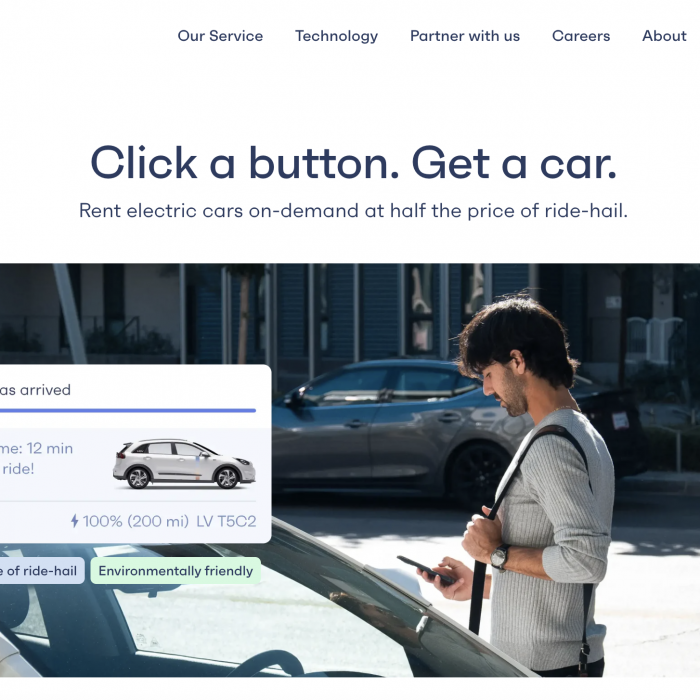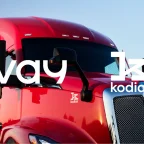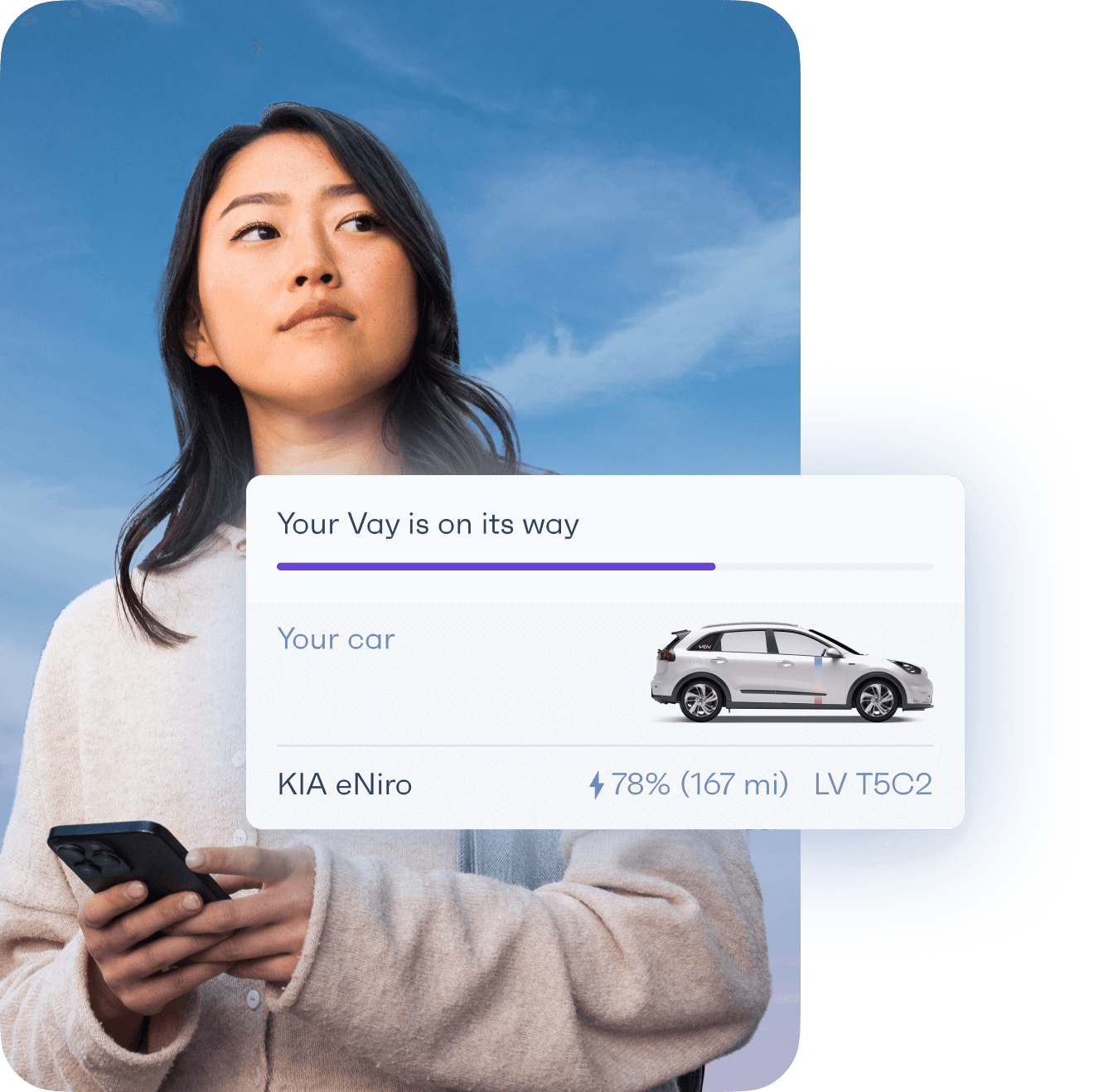BERLIN, July 28th, 2025 – Vay, a leading provider of automotive-grade remote driving technology, has welcomed Germany’s Federal Road Traffic Remote Driving Regulation (Straßenverkehr-Fernlenk-Verordnung – “StVFernLV”) – the first regulation in Europe specifically designed to enable commercial remote driving.
The new framework lays the foundation for commercial services like Vay’s driverless carsharing to operate in Germany at scale under a clear and standardised approval process. Until now, remote driving operations in Germany have only been possible through individual exemption permits.
Vay has showcased its technology to government officials in public demonstrations, helping to inform the development of a regulatory framework. Vay is committed to continuing to support policymakers as needed for the progress of the legislative process.
“The Regulation demonstrates Germany’s commitment to integrating remote driving as a scalable solution within the mobility landscape – and it enables us to launch and scale commercially,” said Thomas von der Ohe, CEO and co-founder of Vay. “Germany was our starting point and continues to be a key hub for our technology development. This regulatory milestone enables us to enter the market not only with driverless carsharing, but also by extending remote driving to a broader range of use cases – such as private vehicles and freight transport – that serve both end users and strategic partners”.
Vay’s U.S. Launch and Commercial Services
Founded in Berlin in 2018, Vay has developed a worldwide first, door-to-door carsharing service powered by its remote driving technology. Through the Vay app, users can request an electric vehicle to be remotely delivered to their location. After the car arrives, the user takes control. At the end of the trip, the user ends the rental in the app, exits the car, and a Remote Driver takes over—eliminating the time-consuming search for parking. This creates the most affordable door-to-door mobility service at half the price of ride-hailing services.
From the beginning, Vay has developed its technology to meet Europe’s highest safety and security standards. As a result, Vay became the first company allowed to operate on European public streets without a Safety Driver, highlighting that Vay’s system is fully prepared for deployment in the European markets.
However, without a clear regulatory path in Germany until now, Vay launched its commercial carsharing service in the United States in January 2024. Vay provides flexible, affordable, and convenient service throughout central Las Vegas, including the Strip, the busiest hotels, and nearby attractions. Since its launch 18 months ago, users have taken over 17,000 trips. The service is designed to be scalable and replicable in cities worldwide.
To meet the growing demand, in 2025, Vay is expanding its fleet in Las Vegas to 100 vehicles. It has also secured a production facility in the city used to build out Vay’s electric fleet and as the company’s primary production and hardware deployment hub for the United States. Vay also operates a downtown hub dedicated to fleet readiness and maintenance.
In addition to urban mobility services, Vay’s remote driving technology unlocks new opportunities in logistics and goods transport, and lays the groundwork for future integration of remote driving features into privately owned vehicles.
Next Steps for Enabling Remote Driving in Europe
The establishment of a clear regulatory framework in Germany provides the foundation for Vay to roll out its services with legal certainty and operational guidance. Once the final legislative details are completed, Vay will be ready to proceed.
Looking ahead, Vay intends to expand its commercial operations across Europe, aiming to introduce its remote driving technology across a wide range of applications, including shared urban mobility, private vehicles, and freight transport.
Find images of Vay’s commercial services here.
Vay press contact
Silvia Avanzini
press@vay.io







